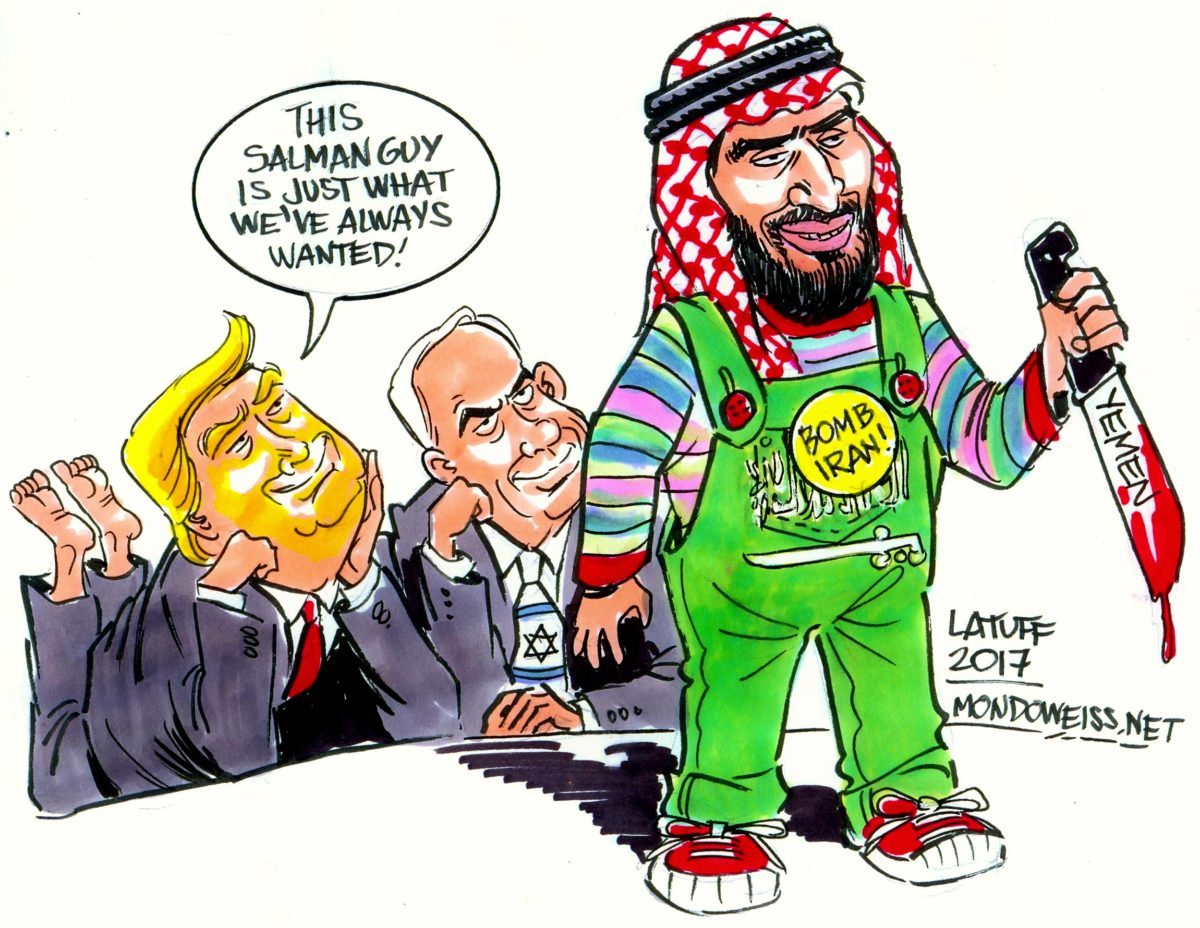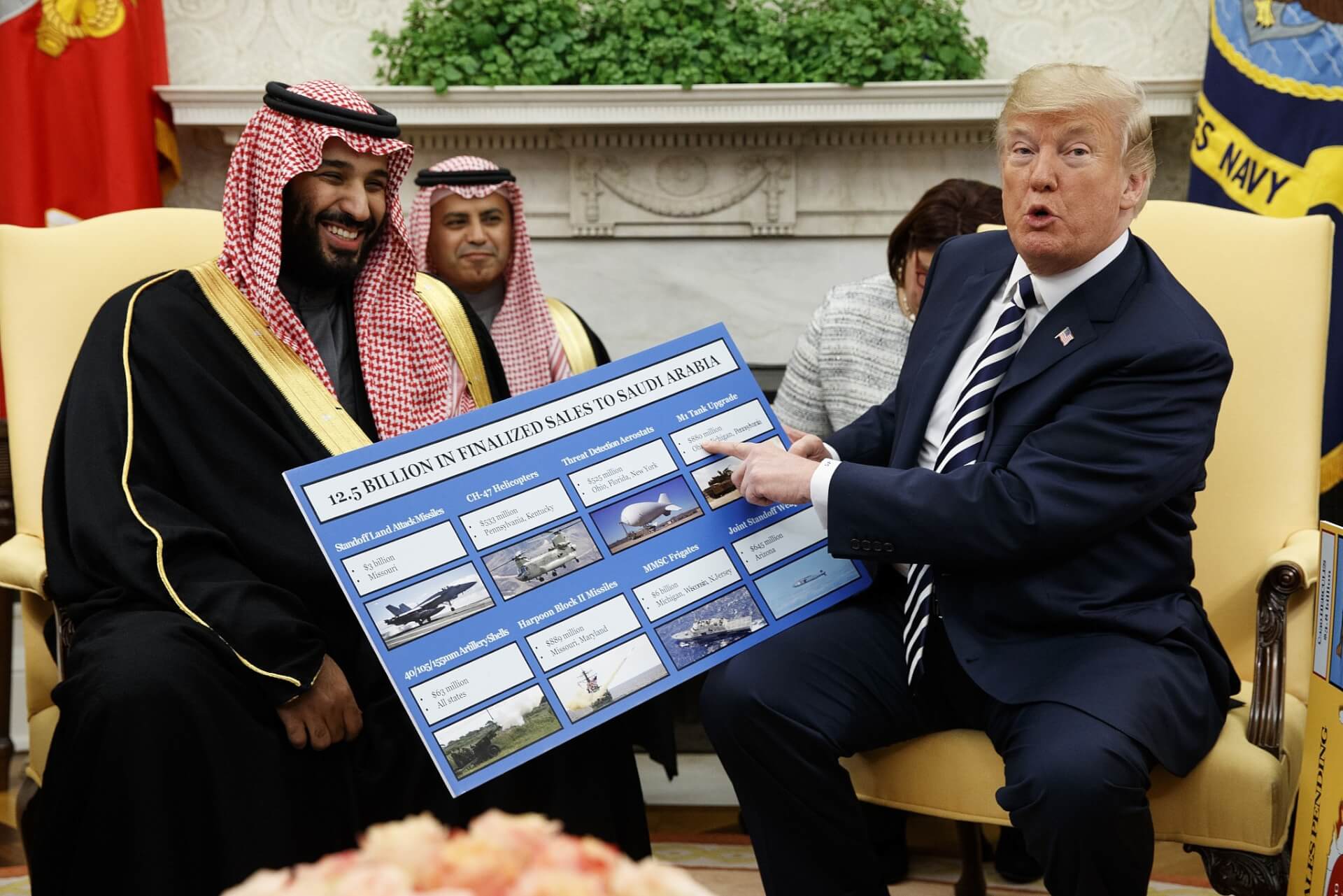The influence of religion on transnational interactions is one of the greatest–yet least acknowledged–challenges to global security in the 21st century. While religion has emerged as an important factor in how states interact with one another, its complexities have posed to be quite challenging for international relations scholars. In particular, attitudes towards the state of Israel have almost always been religiously or ethnically motivated. But has this changed over the years?
Israel has emerged as a major world power with excellent security and defence capabilities. As the only successful democracy in the Middle East, it has long been attractive to the US as a partner to consolidate power in the region. After decades of formal Church-State separation, Bill Clinton’s administration in 1998 passed the International Religious Freedom Act (IRFA) that formally indoctrinated the promotion and monitoring of religious freedom as a sustained foreign policy of the country. Over the course of George W. Bush and Barack Obama's terms, religion began to take a far more explicit role in American foreign policy, with faith-based foreign aid and interventions in the Islamic world becoming more and more commonplace, especially post 9/11.
But no American President thus far has been as blatantly influenced by religious lobbies than Donald Trump, whose policies towards Israel and the Middle East have been shaped by American Jews and Evangelical Christians, who form a significant part of his vote bank.
Trump’s positive relations with Israel’s Benjamin Netanyahu have been advanced by the American Israel Political Action Committee (AIPAC), who are not just the largest pro-Israel lobby in the US, but also ardent supporters of Netanyahu’s orthodox Likud party. Since the assumption is that American Jews are fervent supporters of the Israeli state, Presidents seeking the Jewish vote have always been highly motivated to maintain good relations with the Israeli government. Trump’s friendship with Netanyahu and the recent controversial Middle East Peace Deal are a testament to his unwavering reliance on the Jewish community and their support.
Moreover, Evangelical Christians are also strong supporters of the Israeli state, owing to the fundamentalist doctrine that Jews must be in control of the Holy Land so that they can convert to Christianity and pave way for the second coming of Christ. Even those Evangelicals that do not necessarily believe in the second coming support Israel based on the belief that Christians have a religious obligation to cherish and honour the Jews.
Evangelicals form an extremely crucial portion of the Republican constituency and are the centre of the consolidated religious right in the country. The Trump administration's legitimization of their beliefs is apparent in his appointment of evangelicals to senior political and judicial roles–like Vice President Mike Pence and Secretary of State Mike Pompeo. Therefore, the emphasis on Israel’s security concerns and the war on “Arab” or “Islamic” terrorism have become some of the foremost tenets of Trump’s foreign policy. Trump’s recognition of Jerusalem as the capital city of the Israeli state and his support for the occupation of the West Bank have also signalled a strong Israel-centric positioning on the conflict, which no other President has so explicitly displayed before.
On the other hand, Saudi Arabia’s Crown Prince Mohammad bin Salman (MBS) seems to be moving away from his Wahhabi (ultra-orthodox Islamic) roots and the Arab position on Israel, which has been deeply ethnically and religiously motivated. The Kingdom, which is home to Islam’s holiest shrines, does not officially recognize Israel and has been supportive of Palestinian efforts to reclaim Jerusalem for generations. In fact, even though the de facto Arab position towards Israel since the acceptance of UNSC Resolution 242 has supported a two-state outcome, former Crown Prince Abdullah bin Abdulaziz spearheaded the acceptance of “Three Nos” adopted by Arab states after the 1967 war–no negotiations, no diplomatic recognition, and no peace agreements with Israel. The position maintained by Arab leaders through the years has been one where they acknowledged the reality of the Israeli state and the need for a two-state solution, but still held dear their traditional beliefs that Israel is a colonial imposition and that Zionism is an artificial construct.
Therefore, for MBS to officially state that he believes that “the Palestinians and the Israelis have the right to have their own land”, while congruent with past subliminal Arab attitudes towards Israel, is also an extreme deviation from the tone of past leaders on religious grounds. MBS has also forcibly–and violently–silenced all religious opposition to his moves and painted his strategies as progressive, thereby circumventing public dissatisfaction towards his policies. This, doubled with Arab support for Trump’s Middle East Plan, signals a major shift in regional attitudes towards an essentially ethnoreligious conflict. Of course, the shift has been stirred by a collective understanding that peace in Israel is crucial for regional security and trade, but it is definitely worth noting that Gulf countries, which are seen by the West as adamantly orthodox and anti-secular, are slowly considering lowering their most shielded religious guards to achieve these strategic goals.
This is not to say that MBS and Trump are the caretakers of any religion or ideology–Muslims all over the world have denounced MBS and his critique-intolerant policies, even boycotting the holy pilgrimage of Hajj to protest his leadership. The Crown Prince has also received major flak for his ongoing offensive in Yemen and his defence of the Chinese persecution of Uighur Muslims. At the same time, Trump has been heavily criticized for his unpredictable positions on almost all external matters, with many pointing to the inherent hypocrisy in his foreign policy agenda of ensuring religious freedoms while simultaneously forging close ties with religiously-motivated world leaders like Modi and Netanyahu and entering a peace agreement with the Taliban. In fact, even the unlikely relationship between MBS and Trump, strengthened in large part due to a mutual hatred for Iran, has been a matter of global contention.

Samuel P Huntington famously argued in 1993 that in a post-Cold War era, countries’ religious heritage determine their allies and foes in the international system and that the larger construct of 'civilization' determines conflict or cooperation between them. On the other hand, constructivists believe that the very arena of foreign policy has been defined around the notion of the Westphalian secular state, and hence religion does not really have any influence in international negotiations. But today, vis-à-vis the countries in question, neither of these schools of thought seem to hold true.
The very idea of a 'clash of civilizations' is based on an assumption that the future of world politics will depend on a clash between Western and non-Western cultures, which are inherently at odds with one another. But the fact that MBS and Trump have found common ground with each other and to an extent with Netanyahu–albeit for economic gains–debunks this assumption. That the US, which was once the pioneer of the liberal international order, is resorting to economic and religious protectionism to drive its foreign policy also undermines the rules-based secularism that governs world politics.
Consequently, American allies have also aligned more closely with its newfound goals. For example, the recent decision of the International Criminal Court to open investigations into alleged war crimes by Israel in the Palestine conflict has been vehemently opposed by US and its allies, including Canada and Germany.
Despite Netanyahu’s gross violations of international human rights, domestic criminal charges, and struggle to form a majority government in his country’s third parliamentary election, he and Israel have come out as the unchecked winners of this conflict due to the changing influence of religious lobbies on American and Arab politics. The US' Israel-centric foreign policy and Arab states' apparent appeasement of American and Israeli interests stands to quash global opposition to the Israeli government. Therefore, one cannot help but wonder whether the current 'secular' international system, which is already failing to adapt to a changing South-centric global world order, can continue to function pragmatically in an increasingly religious world that challenges the core tenets upon which it was created.
Reference List
Dazi-Héni, F. (2019). How MbS Is Rethinking Saudi Nationalism. Retrieved 12 March 2020, from https://www.ispionline.it/it/pubblicazione/how-mbs-rethinking-saudi-nationalism-23083
Kohls, R. (2018). Explained: Evangelicals, the religious right and Trump. Retrieved 12 March 2020, from https://www.aljazeera.com/news/2018/11/explained-evangelicals-religious-trump-181106145446496.html
Mandaville, P., & Hamid, S. (2018). ISLAM AS STATECRAFT: HOW GOVERNMENTS USE RELIGION IN FOREIGN POLICY. Foreign Policy At Brookings.
McMahon, R. (2006). Christian Evangelicals and U.S. Foreign Policy. Retrieved 12 March 2020, from https://www.cfr.org/backgrounder/christian-evangelicals-and-us-foreign-policy
Turner, B. (2019). Trump, religion and populism. In Populism and the Crisis of Democracy: Volume 3: Migration, Gender and Religion (1st ed., Vol. 1, pp. 168—179). https://doi.org/10.4324/9781315108056-11
Warner, C., & Walker, S. (2011). Thinking about the Role of Religion in Foreign Policy: A Framework for Analysis.(Report). Foreign Policy Analysis, 7(1), 113—135. https://doi.org/10.1111/j.1743-8594.2010.00125.x
Sedler, R. (2011). Religion, politics, and American foreign policy in the Middle East. Forum on Public Policy: A Journal of the Oxford Round Table.
Image Source: The Times of Israel

